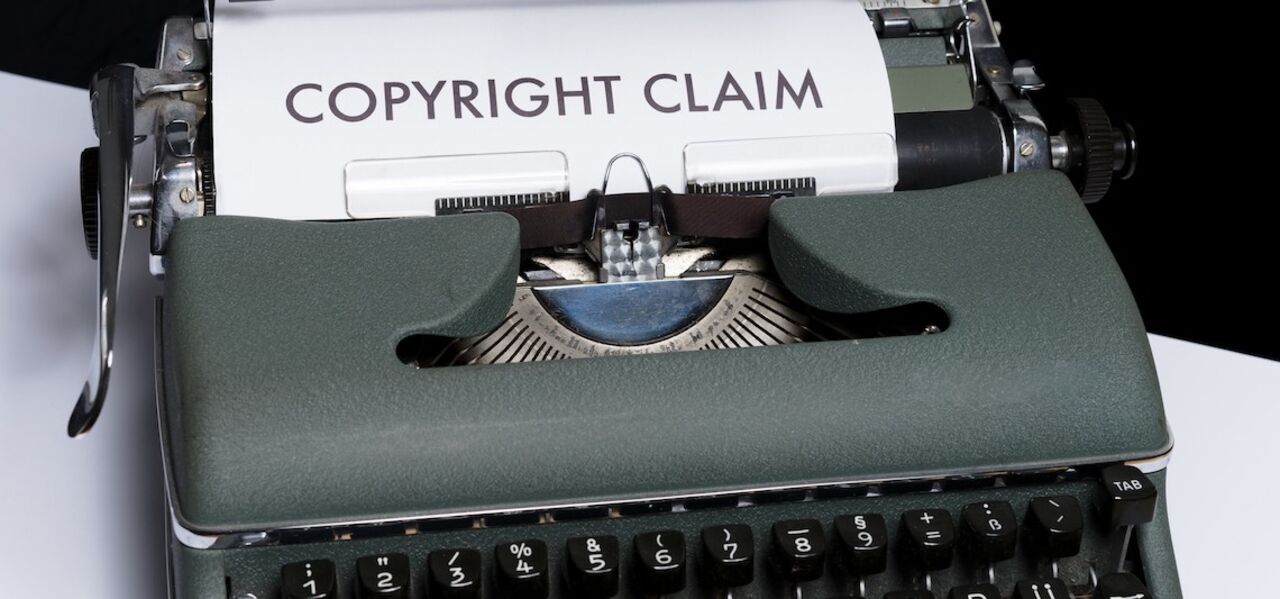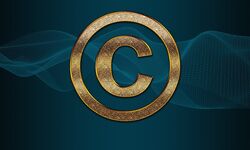
How Austria wants to implement upload filters and ancillary copyright
It was a dark day for internet freedom and Europe’s role in global internet policy, when the controversial Copyright Directive was passed in the EU Parliament in 2019. While we still hope to overthrow this directive before the ECJ, we also see it as our task to ensure that the Austrian implementation turns out as Fundamental rights-friendly as possible.
In December, the competent Ministry of Justice (Green party) ran a preliminary review procedure on a draft for the implementation of the controversial parts of this law. We explain its main points here and also provide a legal analysis. Our first impression: the part on upload filters was drafted by the Green party, whereas the text on ancillary copyright was written by the right-wing conservative party (ÖVP).
Upload filters: many good approaches and a few unanswered questions
It is not clear in the current draft whether - for example - dating platforms such as Tinder or news aggregators such as Reddit even fall within its scope. On the upside however, not only the number of uploads but also the size of the platform is taken into consideration.
The draft law specifies the conditions under which an online platform is liable for infringements of copyright and related rights if it is at fault. The online platforms in question are generally liable for copyright infringements, except if they have undergone “every effort” to protect the holders’ rights. For example, this wording means that an online platform such as Flickr has to obtain licenses from all authors and filmmakers worldwide when providing an image sharing service – a general license deal with the Austrian collecting society for images would not be sufficient. Not only is it impossible to fulfill this requirement in practice, it also contradicts the EU Commission's position before the ECJ: the Commission argues that a platform’s obligation to keep legal content online outweighs the obligation to block, as the latter merely requires “best effort” whereas the former requires the goal to actually be achieved. The wording of the draft law therefore contradicts the directive.
We advocated a pre-flagging system in order to implement the obligation not to block legal content. This allows users to provide information about the content they upload and thus, for example, to refer to legal forms of use that an automated filter would not recognise. In our statement submitted in the review procedure, we included concrete suggestions for improving this pre-flagging system.
The draft law also contains a de minimis barrier for upload filters, which is equally important for freedom of speech. The shorter or smaller the compared extract of a sound sequence or image, the more likely upload filters produce a false match with a copyrighted work and inflict collateral damage on citations. Therefore, the draft specifies that upload filters must not be activated if the non-commercial extract does not exceed 20 seconds (film and sound), 1000 characters (text) or 250 kilobytes (image).
Still missing in the draft is a complaint procedure that complies with the directive. If a platform deletes content, users should have the possibility to object to this blocking. The current draft does not require a platform to immediately provide a justification if it upholds its decision to block content that allegedly infringes copyrights.
We appreciate the possibility of a class action suit by consumer protection and internet policy organizations. Upload filters are always flawed and through such lawsuits, it can at least be tried to limit the damage through over-blocking afterwards.
Unfortunately, we have had a problem with abusive copyright claims for many years. Nowadays such false claims are often used to delete legal content from the web. The draft law still lacks safeguards against false copyright claims. Therefore, if the filter of a major online platform repeatedly blocks legally uploaded content, the platform operators have to deactivate their blocking mechanism and establish the lawful situation within reasonable time.
Ancillary copyright: paternalism of smaller media offers
As positive as some draft provisions regarding upload filters are, the Austrian implementation of ancillary copyright is poor. Actually, this law should ensure that press publishers and media receive money from Google and other news aggregators. The examples from France and Germany show how tremendously such laws have failed so far. Despite several years of effort, license agreements have not been reached in either of these countries, therefore no money has ever flowed. Many smaller publishers value visibility of their offers more and don’t want to be involved in license disputes. By introducing a de facto collecting society obligation, Austria even goes a step further here.
In the future, small publishers and media will no longer be able to decide for themselves whether their content appears with a title and a thumbnail in search engines and on social media. According to the draft, negotiations will only be conducted collectively by the collecting society, which will naturally focus on the interests of big newspaper publishers and the powerful association of Austrian newspaper publishers (VÖZ). Even in the original law on ancillary copyright, there were no plans to give authors any of the money. Now, however, the interests of big media are supposed to dictate the small ones how visible their content can be.
Therefore we recommend to cut this passage from the law without replacement. The Austrian implementation contradicts the EU Directive on this issue and constitutes a disproportionate encroachment upon the fundamental right to property (Article 5 StGG) and protection of property (Protocol 1, Art 1 ECHR).
The wording of the draft must also be adapted regarding hyperlinks: the EU Directive explicitly allows the mere linking of news articles and clarifies that this alone does not constitute “making available to the public”. Hyperlinks must also be excluded if short text excerpts from copyrighted works are an elementary component of a hyperlink. However, according to the explanatory comments on the draft, this is precisely not supposed to be the case.
What’s going to happen now?
The ministry assured us that this law will undergo a public review procedure. The draft law should be improved by then. We expect significant lobbying pressure from the entertainment and media industry, which is already being exerted in the background. This will really put the Green party’s steadfastness to the test, as they clearly spoke out against upload filters and ancillary copyright during the EU election campaign 2019. The implementation of the directive in Austria should be completed by June 2021 at the latest.
Our entire statement submitted in the parliamentary review procedure can be downloaded here and was supported by the Communia Association and Save the Internet Austria.
Since you're here
… we have a small favour to ask. For articles like this, we analyse legal texts, assess official documents and read T&Cs (really!). We make sure that as many people as possible concern themselves with complicated legal and technical content and understand the enormous effects it has on their lives. We do this with the firm conviction that together we are stronger than all lobbyists, powerful decision makers and corporations. For all of this we need your support. Help us be a strong voice for civil society!
Become a supporter now!






